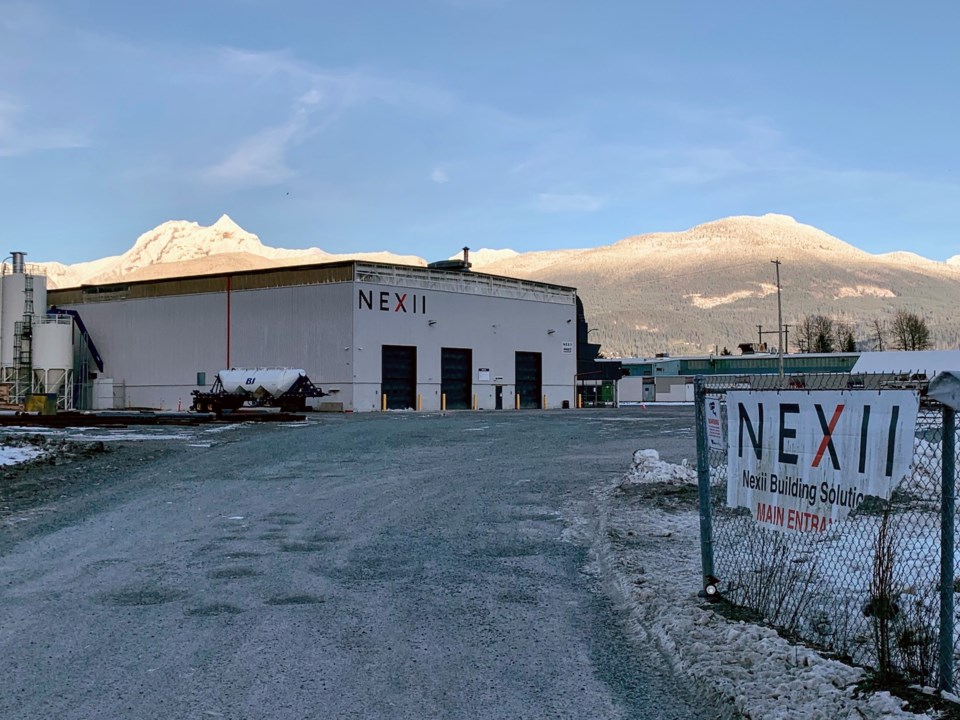The principals of a B.C. construction company that was acquired by a green building materials company that is now battling bankruptcy have their company back.
Five Omicron Canada principals -- Bill Tucker, Korey Roberts, Pablo Yuste, Hank Sam and George Sawatzky -- have bought the company back as part of a restructuring of Nexii Building Materials, which is under creditor protection.
In a 2021 merger, Nexii acquired Omicron as a wholly owned subsidiary, but then ran into financial trouble three years later. In January, Nexii sought creditor protection.
In court filings, it was noted that, while Nexii owed money and was in financial trouble, Omicron had remained a viable, profitable business, so as part of a restructuring, the five Omicron senior managers agreed to buy Omicron back.
Tucker, who is CEO for Omicron, is doing double duty as "bridge CEO" of Nexii as well. He was asked to step in when Nexii's former CEO, Stephen Sidwell, was asked to step aside, Tucker said.
“I was asked, at the end of October, beginning of November, if I would step in and take over as an interim CEO of Nexii and restructure the business because the business was in a very difficult position previously," Tucker told BIV News.
“The board of directors asked the CEO to step aside and asked me to step into the role so that the business could be restructured.”
Nexii developed a "green" building material -- Nexiite -- that is a low-carbon alternative to concrete.
It attracted a lot of attention from venture capitalists and had high-profile partners and executives, including former 91ԭ�� mayor Gregor Robertson, and American actor Michael Keaton, who at one point was an investor in a planned Nexii manufacturing plant in Pittsburgh.
In 2022, the company boasted an estimated valuation of $2 billion, following a $45 million raise from investors. Two previous funding rounds in 2021 and 2020 raised $45 million and $33 million, respectively.
Nexii has faced a couple of lawsuits, but that's not what got the company into such dire financial straits, Tucker said. The company's burn rate simply exceeded its revenue, he said.
“Nexii structured itself for hyper growth," Tucker explained. "And the hyper growth required a lot of capital investment in corporate structure, well before the company achieved profitability, and the company burned through its cash reserves prior to becoming cash flow positive."
But Nexii's core product -- its Nexiite technology -- is sound, Tucker said. Omicron has built 45 buildings using Nexiite, he said.
Tucker said there is a prospective buyer for Nexii. He expects to stay on as Nexii's interim CEO for another three to five months until a sale can be executed.
“There’s a potential buyer of Nexii, its manufacturing operations, its technology, and their interest is to continue the development and growth of the business," Tucker said. “Nexii will be restructured with new ownership, and new capital investment focused on growth and expansion.”
In the meantime, a Nexii manufacturing plant in Squamish that employs 45 to 50 people will continue to operate, Tucker said.
-- with files from Tyler Orton



